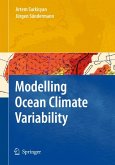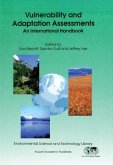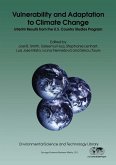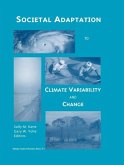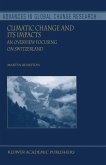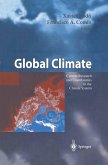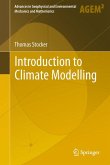The climate of the Earth has undergone many changes and for those times when geologic data are widespread and abundant the Mesozoic appears to have been one of the warmest intervals. This was a time during which the single continent Pangea disintegrated into continental units similar to those of today, a time when there were no significant polar ice caps and sea level was generally much higher than at the present time, and a time when dinosaurs apparently dominated terrestrial faunas and the flowering plants evolved. Understanding this alien world, ancestral to ours, is intrinsically interesting, intellectually challenging, and offers opportunities for more effective targeting of sites where commercially important geological resources may be found. It also provides critical insights into the operation of coupled Earth systems (biospheric, atmospheric, hydrospheric and geospheric) under extreme 'greenhouse' conditions, and therefore may have relevance to possible future global change. Our intention in organizing this Discussion Meeting was to bring together those who gather and interpret geologic data with those who model global climates from first principles. The community of workers who study the Quaternary have made significant advances by integrating and comparing palaeodata and climate model experiments. Although we have focused not on the Quaternary 'icehouse' but on the Mesozoic 'hothouse' climate we are well aware that approaches used in the study of the Quaternary may have relevance to earlier times.
Dieser Download kann aus rechtlichen Gründen nur mit Rechnungsadresse in A, B, BG, CY, CZ, D, DK, EW, E, FIN, F, GR, HR, H, IRL, I, LT, L, LR, M, NL, PL, P, R, S, SLO, SK ausgeliefert werden.



